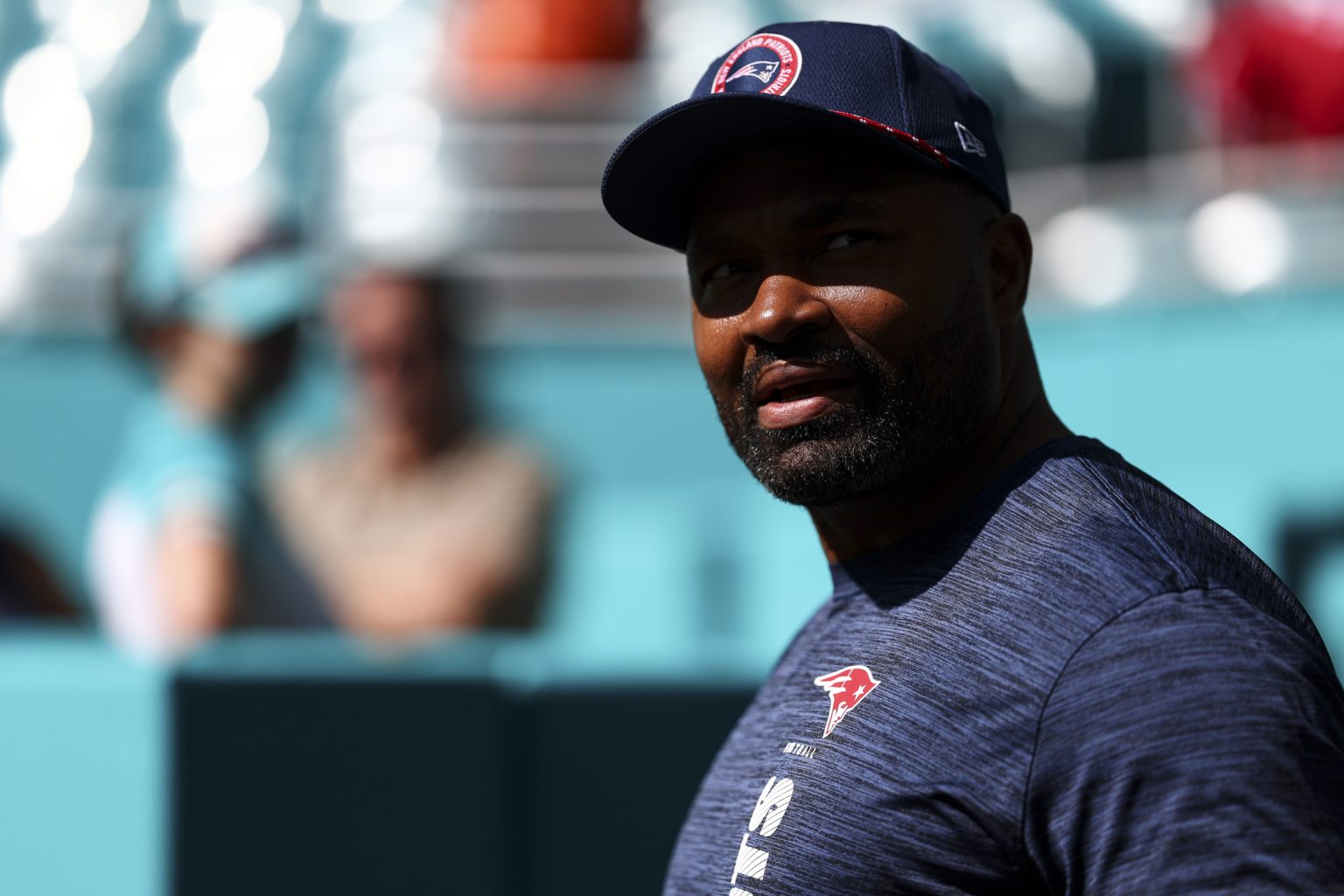The New England Patriots’ swift dismissal of head coach Jerod Mayo after a single, dismal 3-13 season sent shockwaves through the NFL. While one-year tenures are increasingly common in the high-pressure world of professional football, Mayo’s firing carries a particular weight, raising questions about the Patriots’ internal dynamics, their evaluation processes, and the future direction of the once-dominant franchise. The abrupt termination, announced shortly after the conclusion of the 2024 season, suggests a deep dissatisfaction within the Patriots’ organization regarding Mayo’s performance and leadership. The brevity of his tenure, coupled with the team’s significant underperformance, paints a picture of a coaching experiment gone awry, leaving the Patriots scrambling to find a new leader capable of restoring the team’s former glory.
Mayo’s appointment as head coach had initially been met with a mixture of optimism and apprehension. A former Patriots linebacker and a respected figure within the organization, he represented a potential bridge between the Bill Belichick era and a new chapter in Patriots football. His familiarity with the “Patriot Way,” combined with his youthful energy and modern approach, seemed to offer a promising path forward. However, the 2024 season quickly unravelled, revealing significant cracks in the foundation of the team and raising doubts about Mayo’s ability to effectively lead at the highest level. The team struggled on both sides of the ball, plagued by inconsistencies, questionable play-calling, and a lack of overall cohesion. The 3-13 record stands as a stark testament to the challenges Mayo faced and ultimately failed to overcome.
The Patriots’ decision to fire Mayo after just one season underscores the immense pressure to succeed in the NFL. While patience can be a virtue in coaching, the league’s demanding environment often necessitates quick decisions, especially when a team underperforms as dramatically as the Patriots did in 2024. Ownership and management likely felt compelled to act decisively, hoping to avoid another losing season and to quickly begin the process of rebuilding the team. The move also highlights the inherent risks associated with promoting from within, particularly when elevating a relatively inexperienced coach to the top position. While Mayo’s prior connection to the Patriots offered certain advantages, his lack of head coaching experience ultimately proved to be a significant hurdle.
The Patriots’ search for a new head coach will undoubtedly be one of the most closely watched storylines of the offseason. The organization will need to carefully evaluate potential candidates, seeking a leader who can not only navigate the complexities of the modern NFL but also restore the winning culture that defined the Patriots for so many years under Belichick. The next head coach will inherit a team facing significant challenges, including an aging roster, questions at the quarterback position, and the pressure to live up to the franchise’s storied past. Finding the right fit will be crucial to the Patriots’ hopes of returning to contention in the highly competitive AFC East.
Beyond the immediate search for a new coach, the Patriots’ organization must also engage in some serious self-reflection. The team’s rapid decline following the departure of Bill Belichick raises questions about the long-term sustainability of the “Patriot Way” and the ability of the organization to adapt to the evolving landscape of the NFL. The 2024 season exposed vulnerabilities that extend beyond coaching, suggesting deeper systemic issues that need to be addressed. The Patriots will need to reassess their player personnel strategies, their offensive and defensive schemes, and their overall approach to team building. A period of significant change and adaptation is likely necessary if the Patriots are to reclaim their position as one of the league’s elite franchises.
The firing of Jerod Mayo serves as a stark reminder of the unforgiving nature of professional football. While his tenure as head coach was short-lived and ultimately unsuccessful, it offers valuable lessons for both the Patriots organization and aspiring coaches throughout the league. The experience underscores the importance of thorough preparation, effective leadership, and the ability to adapt to the ever-changing demands of the NFL. For Mayo, the setback represents a significant hurdle in his coaching career, but it also provides an opportunity for growth and learning. As the Patriots move forward, they must learn from the mistakes of the past and embrace a new vision for the future, one that can restore the team’s winning tradition and ensure its continued relevance in the years to come.


